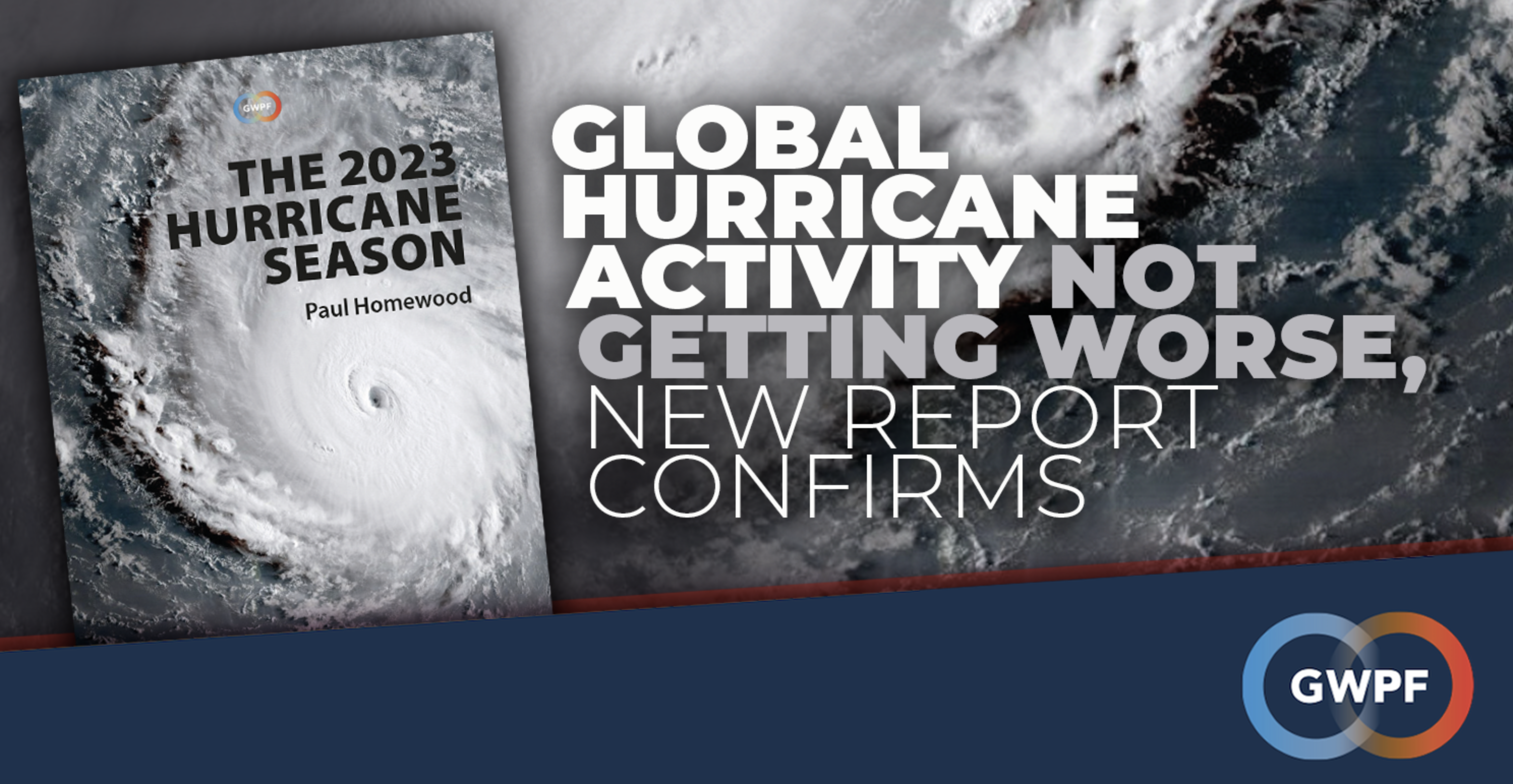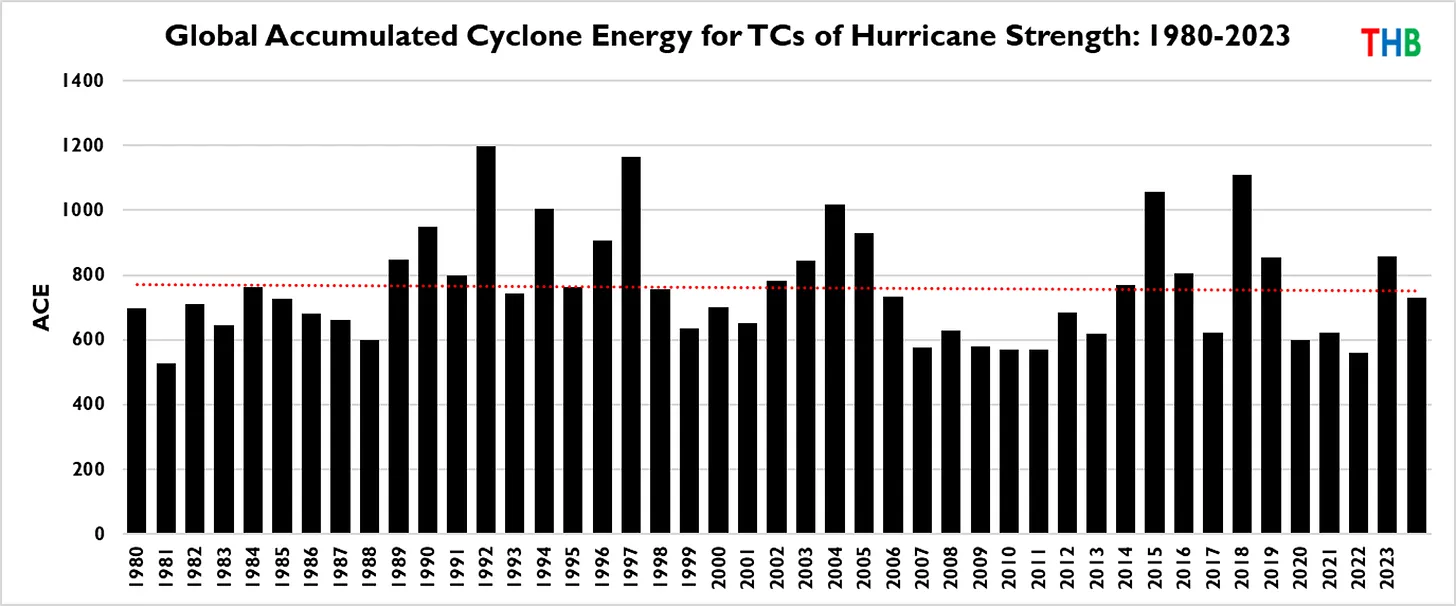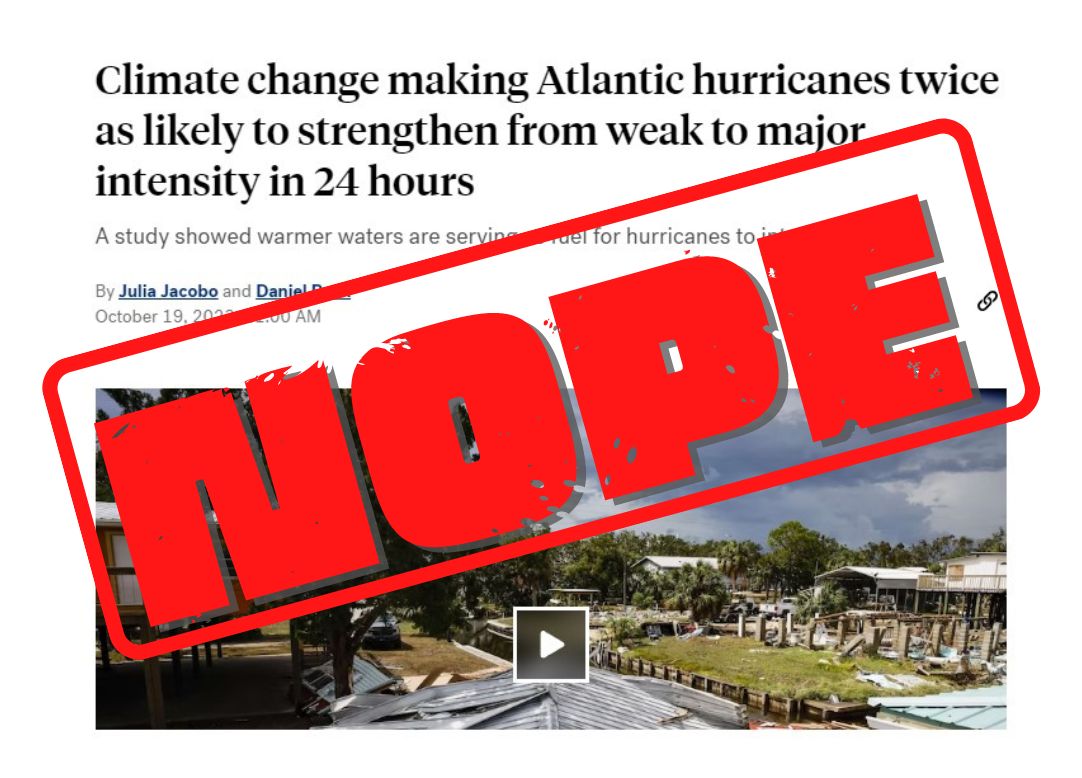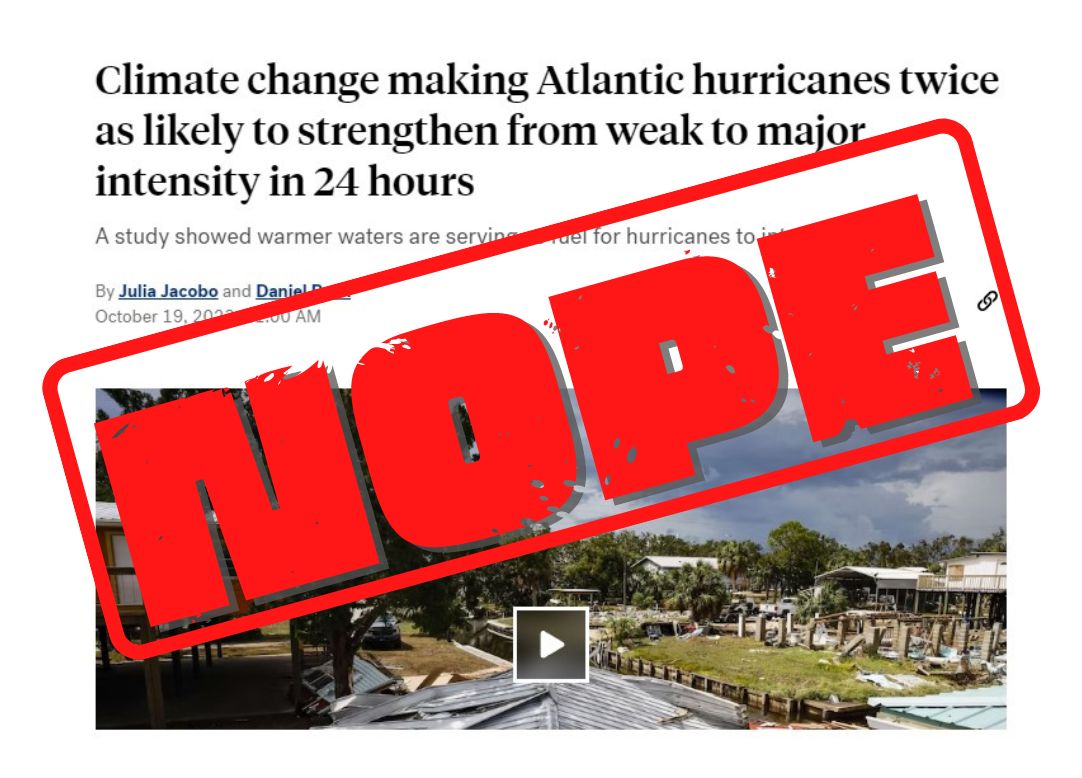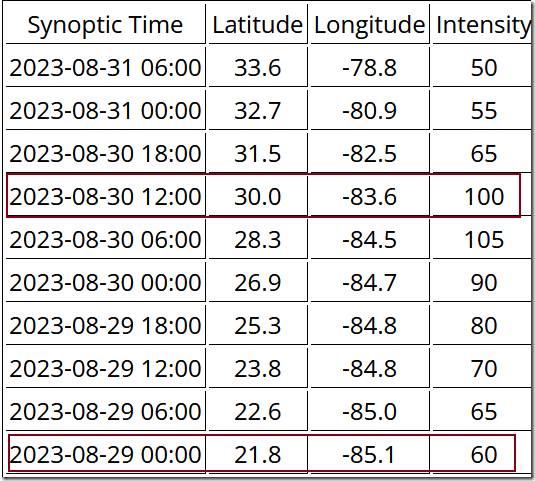Watch: Morano on @tntradiolive rebuts @elonmusk on his call for 'carbon taxes' to fight 'global warming' Morano: 'Paying more taxes to the government will not make hurricanes less frequent." "It's a shell game of nonsense that's going to outsource more jobs, wealth, & energy… pic.twitter.com/nfW47fPHCT — Marc Morano (@ClimateDepot) February 6, 2024 For Morano’s full analysis go to: https://tntradio.live/shows/unleashed-with-marc-morano/ Rough Transcript: Morano: The breaking news is one of the world’s wealthiest men now says if we pay more taxes to the government, we can control climate change. Yes, Elon Musk, the X / formerly known as Twitter, owner and extraordinary Tesla and all the other Neuro link and his space programs and everything else has now put his huge brain power to climate change and is claiming that a carbon tax is the way we solve climate change. I can assure you it’s not paying more taxes to the government, will not make hurricanes less frequent, will not stop Florida from going half underwater if that’s what the earth and nature decided to do. Let’s take a look at what Elon Musk actually said and will break it down. Elon Musk video clip played Morano: Elon Musk is fascinating because he says really intelligent things and then really dumb things. And this is one of the dumb things. I go to a man named Spencer Morrison, a National Economics Institute in Canada. And this is my favorite all time analysis. See: ANALYSIS: CARBON TAXES INCREASE GLOBAL CO2 EMISSIONS. PERIOD. Carbon taxes increase global CO2 emissions, period. Good night. Good night, everyone. ♪ Ba da da da da ♪ It’s that simple. I don’t understand what Elon Musk is claiming. First of all, any industry that gets a bigger tax is going to pass that on to consumers. So all he’s basically saying is that every socioeconomic group and it disproportionately harms the poor and the lower income, is going to be paying more for energy because no business is going to be paying more. We will all just absorb these costs. I won’t pass that on because I’m saving the planet. This is a carbon tax. We’ve got to solve climate change. This is what he actually thinks, but this is back to Spencer Morrison. The logic shows that the West’s carbon taxes invariably increase global CO2, as does the empirical evidence. And it’s incredible because if you look at carbon taxes, all they’re going to do is make our energy more expensive, burden our innovation, burden our projects, burden financing, and it just means more reliance on countries that will never have a carbon tax. And that includes China, India, Brazil, the Middle East, Russia, and all these other countries joining the BRACs and all that. It makes no sense. Why do I do it? And the other thing is once you give the government a new to, you also said in this in his claim The Elon Musk that we would reduce, You know, other taxes to compensate. Oh, that’s something great. So let me let me guess revenue neutral off We’ve solved the problem. We’re gonna have a revenue who can comply. We’re not raising taxes. This is revenue neutral now You were giving the government an entire new class category and authority to tax your inner introducing a new tax to the powers of government. Now, you could temporarily reduce some other taxes, but they’re going to go back up and this tax, and I love the other people who say, well, we’re going to limit it to this, that, and we’re going to guarantee it doesn’t go higher. Oh, really, is that like the income tax in 1913 was only one, two percent, and only on the wealthy? It’s never going to change, right? Let’s introduce this whole new authority and taxes at the end of the day. then it’s all going to be solid and done. Now, this is medieval witchcraft and it’s alive and well with the owner of X in Twitter. I don’t understand how this man, Elon Musk, could make these asinine claims. It just absolutely makes no sense. Carbon taxes increase emissions. It’s a shell game of nonsense that’s going to outsource more jobs, wealth, energy. energy production, and strategically, it puts us at a national security disadvantage. I want Elon Musk to rescind this and someone has a talk to him. And the other thing is, it’s medieval witchcraft, as I said, because what is our end game, what do you have carbon taxes? So let’s see, if a hurricane hits Florida, right? An average hurricane that they say is unprecedented because it hit some 50 miles an hour, some 50-mile stretch of beach that it never had that category three hurricane, I think. Are we going to then ratchet up the carbon tax? Three years because of that hurricane, it was really bad. Oh my gosh, there was a drought over in California. We’re gonna have to really ratchet up the carbon tax. You gotta pay your fair share. We gotta make this happen. What does that remind you of? It reminds me a lot of COVID. COVID cases are up. You’re not wearing your mask. You’re not getting the vaccine. You stay-at-home orders. We’re gonna have to cancel school longer. There we can’t. go back to, we’re going to punish you further. Churches can’t open. The cases are up. That’s because people aren’t following the rules. Carbon taxes are gonna have to go up when the weather doesn’t meet the preferred objectives. And are we gonna have any criteria for when, like, okay, finally, we’ve solved climate change? It’s going to be tied to CO2 emissions. I mean, to hell with this and Elon Musk on this. this. He is an important figure. He’s done great stuff on X slash Twitter, but he could not be more wrong on carbon taxes. And I say, go to hell if that’s your opinion. And he needs to, actually; I would like to see him. I hope there’s enough pressure brought to bear in this first week of February 2024 that he is forced to retract it and say how dumb this was. But this is one of those things where many people just say, ” oh, you know, if we actually work it through some carbon taxes, we could, oh, yeah, that would make sense. I used to say that when I worked in the Senate, environment, public works, well, the most logical way, the least damage is carbon. And it’s probably true, the least damage to the economy. I mean, at least the taxes, you get taxes, a tax as opposed to layer and layer of regulations, environment, social governance, and all the identity politics, mixing in and the corporate government collusion, all that stuff. I mean, a carbon tax is the least offensive probably of a lot of these options, but what’s our endgame? We’re not going to tax our way into a better climate, okay? This is just asinine and all you’re doing is giving the government a massive new authority to tax.
